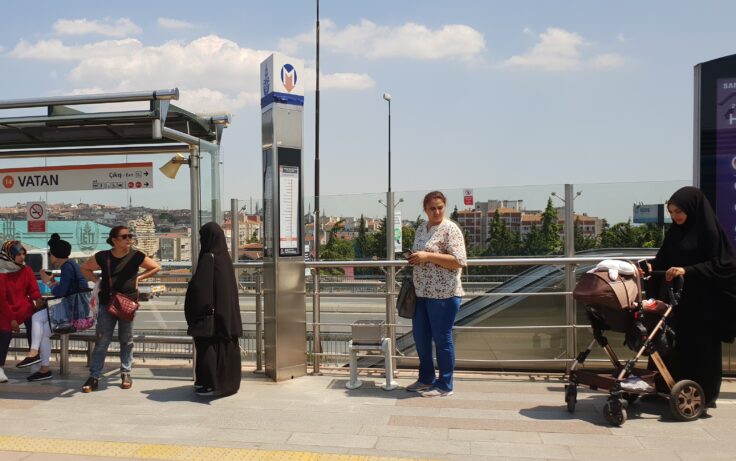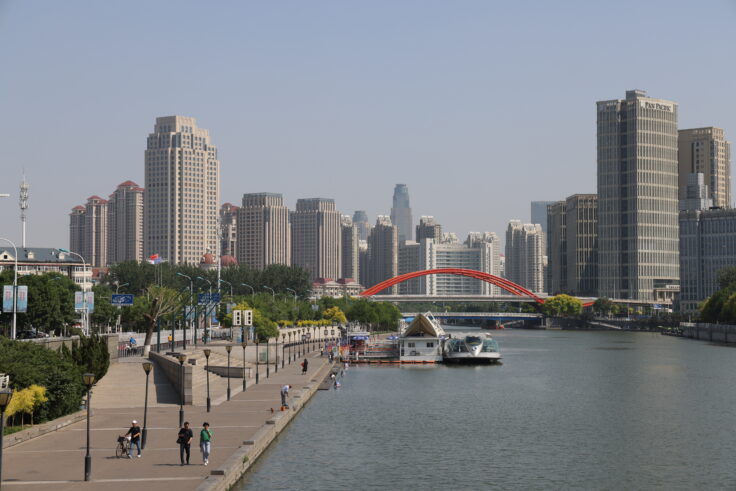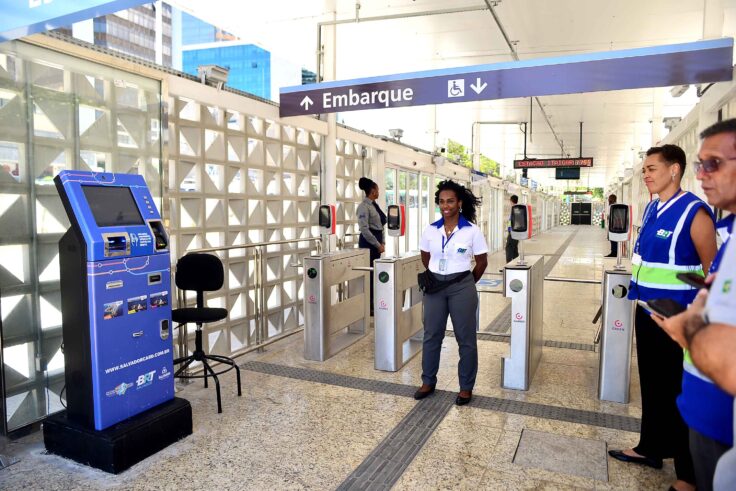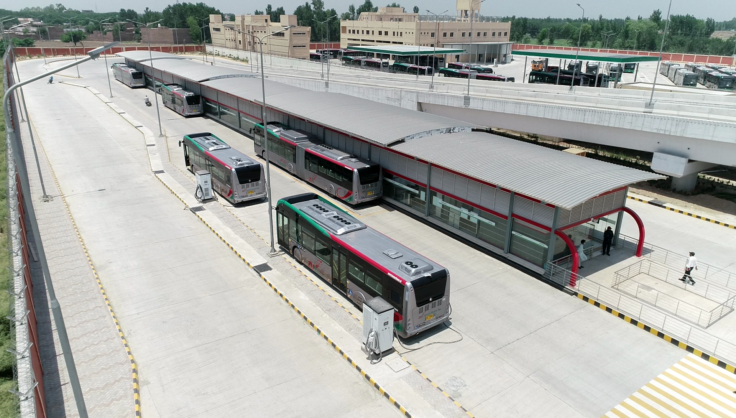December 27, 2023
2024 STA Finalists Spotlight: Reshaping Urban Transport Worldwide
Every year, the Sustainable Transport Award (STA) Nominee Cities are recognized for policies and interventions that promote public transport, walking, cycling, and transit-oriented development in ways that highlight accessibility, equity, and urban innovation.
Learn more about the STA Committee’s transport and sustainability experts here.
According to climate researchers, 2023 marked one of the hottest years on record. The climate crisis is becoming increasingly tangible, and governments and decision-makers must look towards strategies and actions to promote more sustainable, environmentally friendly policies and frameworks to address the crisis. Transport, accounting for roughly a quarter of the world’s energy-related emissions, is one of the most crucial sectors in which transformation is needed. In many major cities, solutions and opportunities already exist to advance a future of sustainable, equitable, and inclusive transport that prioritizes walking, cycling, and transit-oriented development. Since 2005, the STA program has endeavored to provide a platform of recognition, knowledge-sharing, and support for the cities and transport agencies that are embracing innovative, inspiring strategies to reshape urban mobility.
The five finalist cities for the 2024 STA program — Istanbul (Turkey), Tirana (Albania), Tianjin (China), Salvador (Brazil), and Peshawar (Pakistan) — have demonstrated impressive efforts to develop and implement people-centered transport solutions over the preceding year. From transitions to e-bus fleets to the design of safe cycling infrastructure, these cities stood out to the STA Committee for their commitment to rethinking transport for all communities and for setting examples that other global cities could learn from. Read more about the finalists below before we announce the winner in January 2024 — be sure to visit STAward.org for updates.
Istanbul, Turkey
Over the past year, the Istanbul Metropolitan Municipality (IMM) has focused on a citywide plan to develop more bike lanes and improve pedestrian spaces with wider sidewalks and green spaces. To promote the sustainability of its public transport systems, the city has also invested in implementing more modern, eco-friendly buses and trains that rely on electricity or natural gas rather than fossil fuels, which can reduce air pollution and greenhouse gas emissions. In addition, to encourage ridership and support equity in its transport, IMM implemented an innovative Mother Card program to provide social and financial assistance to women and caregivers with children, including discounts on public transit fares, healthcare services, and cultural activities.

Tirana, Albania
The Municipality of Tirana has been working to enhance access to sustainable mobility citywide by improving street conditions for pedestrians, cyclists, and public transit users. Tirana’s streets and public spaces around schools and educational facilities have been a particular area of focus, seeking to make them safer and more welcoming to children, students, and their families. Through these new school-oriented policies, the city has reclaimed nearly 2,500 square meters of public space for students and youth through its creative School Streets programs.

Tianjin, China
By completing an impressive 132 kilometers of streetscape improvements in recent years, Tianjin has committed to prioritizing non-motorized transport (NMT) infrastructure and to enhancing accessibility around public transit hubs. These efforts shifted the city’s transport systems from vehicle- and car-centered to encouraging more active mobility and green space interventions across the city. Over the past year, Tianjin has also improved access to nearly 96 metro stations through targeted enhancements to walking, biking, and bus corridors, helping to promote more multi-modal and sustainable commutes. Tianjin’s recent NMT projects have been notable for their support from the World Bank, marking the Bank’s most significant investment of this type in terms of both USD value and the quantity of infrastructure delivered.

Salvador, Brazil
New bus rapid transit (BRT) corridors in Salvador are a crucial starting point for the Brazilian municipality to deploy more electric buses to achieve carbon neutrality for all of its public transport by 2049. Salvador has set a near-term goal of transitioning 40% of its public transport fleet to clean energy by 2032 and has been working to integrate BRT with other modes of transport in the city to encourage more sustainable and connected daily commutes. The municipality has also committed to supporting complementary policies and projects that can reduce private vehicle use by promoting cycling and walking in high-traffic neighborhoods and districts.

Peshawar, Pakistan
Peshawar was previously recognized as a 2022 STA honorable mention for the region’s innovative work on Zu Peshawar, the first Gold Standard BRT on the Indian Peninsula, which continues to improve public transport access for women, people with disabilities, and young people. Since that recognition, the Peshawar Bus Industry Restructuring Program (BIRP) has not only laid the foundation for the BRT system but is also expanding the possibilities for public transport across the region. The BIRP has recently been focused on addressing longstanding issues with local bus systems, from environmental hazards to vehicle safety concerns, by acquiring fleets of more efficient, modern, and low-carbon vehicles. Peshawar now aims to have fleets of fully electric buses that will cover 75% of the city, helping to reduce chronic congestion and transport emissions.

Stay tuned for more news on the 2024 Sustainable Transport Award and the winner’s announcement at STAward.org, and view all of the content from the 2023 STA in this Virtual Webinar Series.

